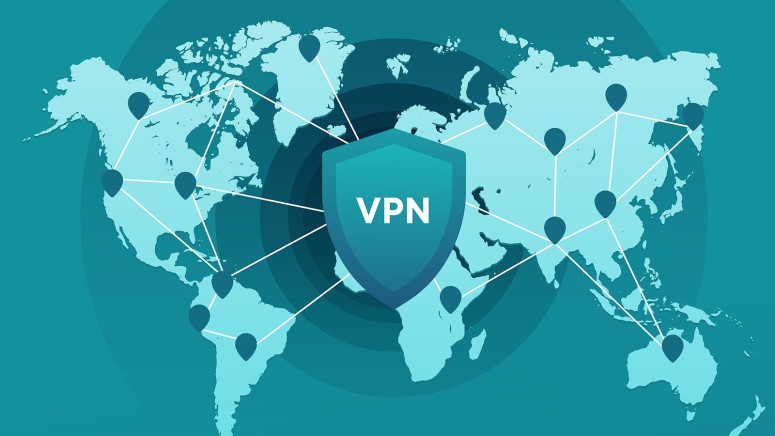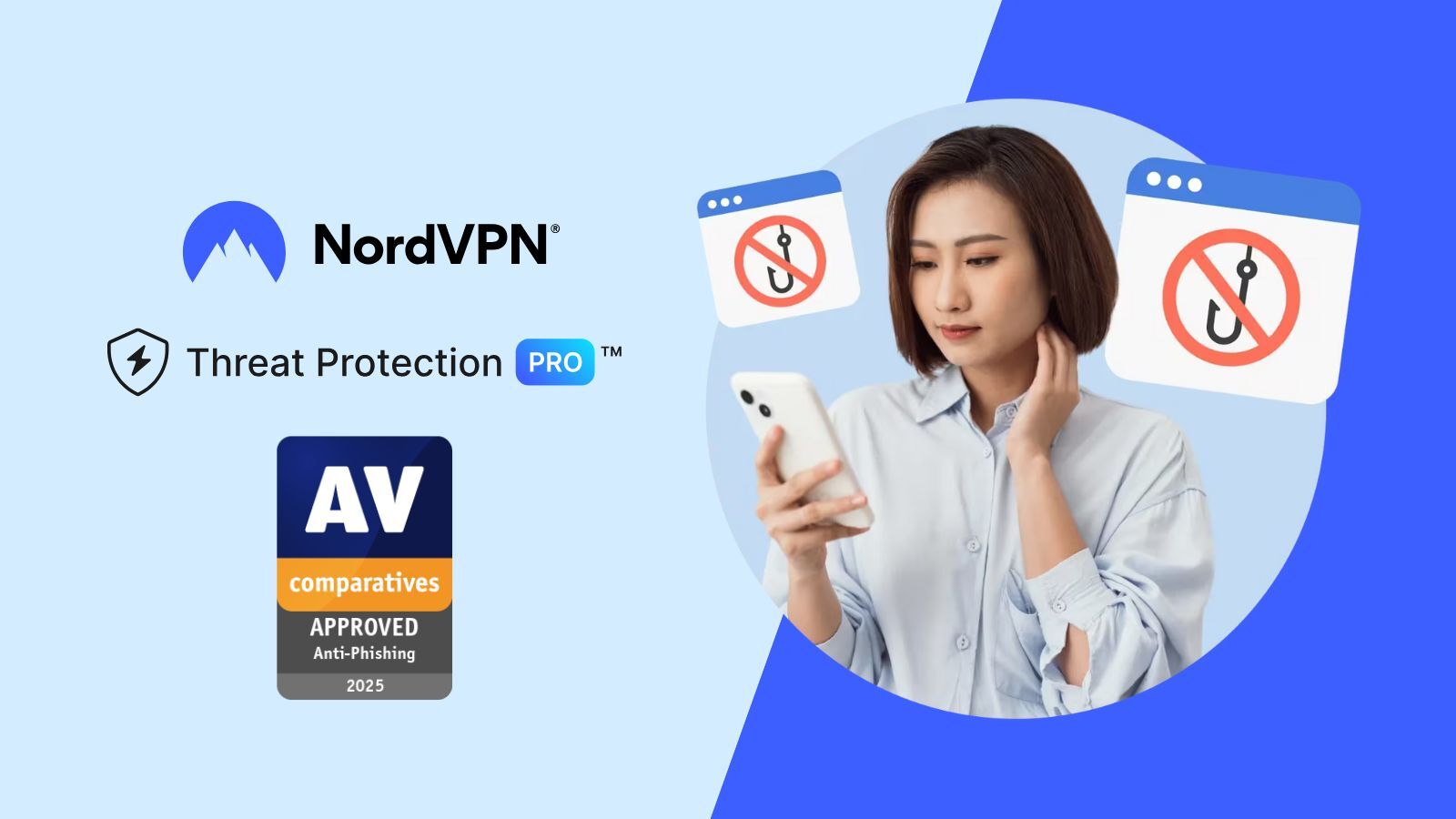
6 Reasons Companies Should Provide VPNs to Remote Workers During the Coronavirus Pandemic
Working remotely is not a new trend, especially in the IT world, but the recent Coronavirus pandemic has forced many more companies to let their employees work from home in order to keep them safe. As such, an unprecedented number of people are now doing their work over the Internet, which means that they are now exposed to many online threats they may not have encountered before while working over local networks at the office.
Not only that, but these threats can affect their company’s data, not just their own, which can lead to massive security breaches and leaks. Hence, companies should provide their employees with VPN solutions in order to avoid these headaches.
Thankfully, most of the popular VPN solutions out there - such as Perimeter 81 or NordVPN Teams - offer attractive corporate solutions to companies, which means that there’s no shortage of options when it comes to making a choice.
Besides the two VPNs mentioned above, you can find out about other similar solutions by reading our article regarding the best VPN for businesses in 2020. This list should provide you with all the details you need in order to choose the most effective solution for your company.
If you are still not convinced, however, here are a few other reasons to take into consideration when it comes to why companies and small businesses should provide VPNs to their remote workers.
1. Keep your traffic secure and encrypted
Whenever an employee connects to your company’s servers or is using various corporate accounts on the Internet, their traffic can be intercepted by cybercriminals in a variety of ways, ranging from phishing attacks, packet sniffing, and many other such practices. This can happen regardless of how careful the employer is, especially if the attackers are determined.VPNs can help both big corporations and small businesses avoid this problem by encrypting all incoming and outgoing traffic, making it next to impossible for anyone to unravel the data. Hence, even if the attackers manage to get a hold of the data, they won’t be able to do anything with it unless they manage to decrypt it as well, which is highly unlikely with modern hardware.
The best part is that the encryption process works for any application. This includes public apps like browsers and video conferencing software, as well as proprietary apps that are specific to the company in question. Thus, you can rest assured that your scheduling, payroll, and customer information software cannot be exploited and that the traffic between the company’s servers and the worker is secure at all times.
2. Avoid bandwidth limitations
While this is not an issue in a corporate environment, bandwidth limits and speed throttling is definitely a usual occurrence in the regular world. Hence, many people have to put up with severely limited Internet speeds sometimes, just because their ISPs want to limit the amount of data a user can download or upload.
Naturally, this can turn into a big issue for employees who need to work with a lot of data remotely, since their bandwidth issues can seriously hurt their overall efficiency, as well as hurt their productivity.
On the other hand, VPNs are very good when it comes to removing bandwidth limitations and various other ISP restrictions. This allows employees to remain productive even when working from home, which is yet another great reason to go for a corporate VPN solution.
3. Maintain privacy during video conferences
Even if everyone is working from home, people still need to get together and discuss various issues, as well as have meetings on certain topics. While this can easily be achieved through Skype or various other similar apps, the issue is that the conversations can be intercepted by other people.
VPNs help out in this case by making sure that your meetings and conversations remain private, thanks to the two-way encryption. On top of that, a good VPN can also keep the video and audio quality at acceptable levels even when the traffic is being rerouted in the background, which means that you do not have to deal with annoying lag issues or random disconnects.
To make things even better, this applies to any kind of video conferencing software, including proprietary apps used within the company. In fact, VPNs do not generally care about what kind of apps you are using, since their job is to keep all traffic private and secure, regardless of where it comes from and where it’s heading.
4. Keep the company assets away from prying eyes
Depending on what your company does, your employees may have to handle all sorts of assets that contain sensitive data. This may include databases for various internal components, as well as videos, images, code files, and many other assets that you do not want to be visible to the outside world.
Even if these assets are kept on your servers, remote workers have to access them using their own connections, which exposes them to all sorts of threats. This is especially true for source code files, which need to be downloaded in order for programmers to work on them.
Thus, sensitive assets have to travel between company servers and remote computers over the Internet, which makes them great targets for malicious attacks. On the other hand, this problem is eliminated by VPNs as well, given the fact that no one can peak at the files while they are in transit. Not only that, but the download speeds are not usually affected in a significant way by VPN rerouting, which means that workers can quickly upload and download assets without suffering major speed penalties.
5. Avoid censorship and country-specific restrictions
Granted, this is not a very common problem, but it can still happen in certain situations, and a VPN is usually the best solution. In short, remote workers may live in countries that restrict access to certain websites, which can infringe on their ability to complete their work, or even research various subjects.
Getting past a nation-wide firewall is not an easy task, but most good VPNs are designed to work around this issue by using obfuscated servers. These are built to disguise connection protocols as regular traffic, which allows them to sneak past firewalls and other censorship methods.
On the other hand, obfuscated or MultiHop servers are usually very slow in terms of latency and speeds, which means that they are not that great when it comes to downloading or uploading files. Even so, this feature comes in handy if you just want workers to be able to access the free Internet and stay in touch with what’s happening around the world, especially now when many governments try to hide information from their citizens.
6. A good long-term investment
Finally, you should also keep in mind the fact that a VPN solution can remain just as useful even after this crisis blows over, especially if the company has full-time remote workers on their payroll at any given time.
In addition, companies may also decide to keep allowing their workers to work from home after the pandemic is over, at least if it turns out that people are much more productive when they do not have to travel to and from the office every day.
Hence, a VPN subscription can be useful for many months or even years from now, especially if you manage to take advantage of various discounts and price cuts. Obviously, it depends on how many employees the subscription has to serve, and it’s worth pointing out that business VPN subscriptions do not have as many features as the consumer-grade ones, in the interest of security.
Final thoughts
This global pandemic is almost guaranteed to last for a while, given the fact that many countries around the world are just now starting to deal with the first waves of infections. Hence, companies are going to be forced to rely on remote workers for the foreseeable future, whether they like it or not.
As you can see, it’s not difficult to find arguments when it comes to using a corporate VPN solution, especially since most companies should care very much about the privacy of their data and the security of their servers. Not only that, but most companies are already using VPNs for other purposes, so it shouldn’t be hard to extend their use to other areas as well.
Lastly, ISPs should also consider relaxing their restrictions in certain cases, given the fact that this is not the time to profit from bandwidth restrictions and speed throttling. Many people are in danger of losing their jobs if they can’t work from home, so it would be a good idea for ISPs to try and help them out at least a little bit.















